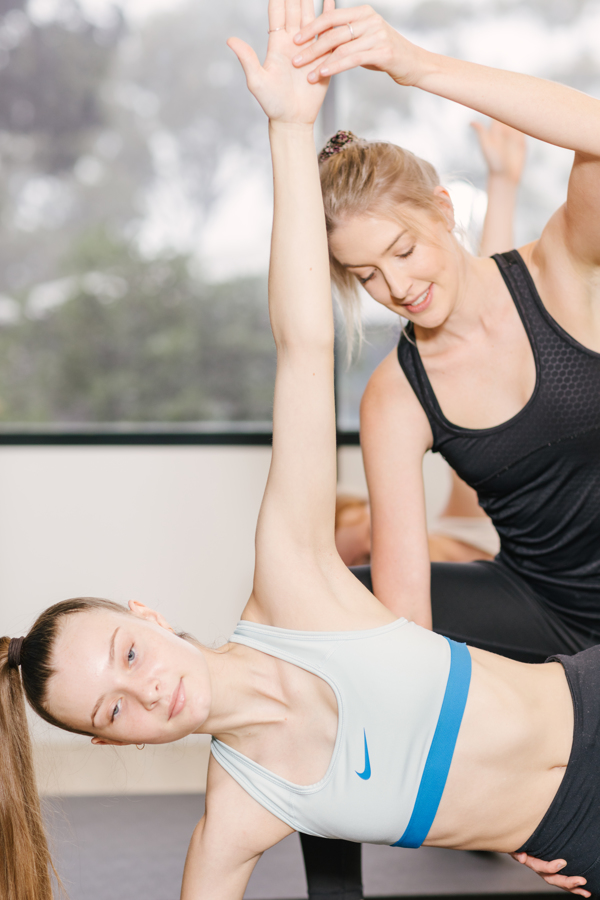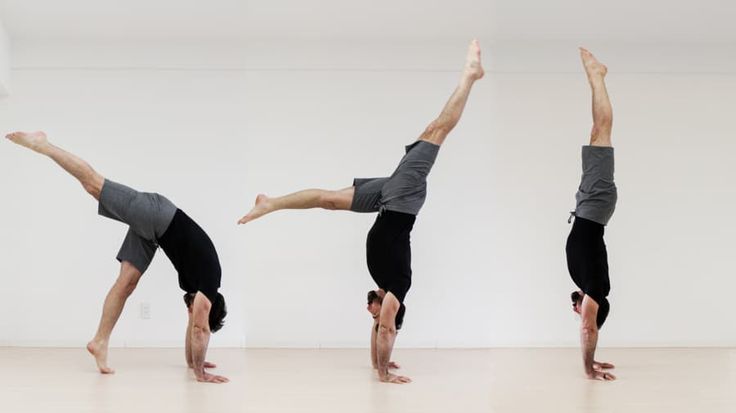
Yoga exercise offers many benefits, including weight reduction and restoration of mental health. However, not all types of yoga exercise are the same. Some are gentler and more restorative than others. Other require a greater heart rate. Yoga classes can also offer an aerobic workout. You should check with the instructor to see how vigorous your yoga class will be before signing up.
Intensity and duration of yoga exercises
There are several factors to consider when determining the intensity of yoga exercises. Although yoga can generally be considered low-intensity, some asanas are moderate to high intensity. For example, the Sun Salutations (Surya Namaskar) can be considered a moderate-to-vigorous exercise. The ACSM/AHA guidelines allow yoga practitioners the freedom to practice asanas sequences with MET intensities greater three. These sequences can all be done throughout the day.
Yoga may not be as effective in increasing your heart rate than an hour-long aerobic work out, but it does have important benefits for your cardiovascular system. Whether you're interested in improving flexibility or weight loss, there are several poses that can help you achieve your goals.

Yoga benefits for weight loss
Yoga exercise is beneficial for people who are trying to lose weight for several reasons. It can improve your body image, tone your muscles, and promote mental well-being. It can help you relax and relieve stress. A study in the journal Preventive Medicine found that people who did yoga had a lower waist-to-hip ratio than those who did not exercise.
Yoga is an exercise that has many benefits, and is suitable for beginners as well as experienced practitioners. Most yoga styles include muscle strengthening. So it is important that you pair it up with aerobic exercises. Many athletes also practice yoga. Yoga helps with weight loss and depression. For beginners to notice any changes, they should commit to yoga practice for several months.
A study showed that yoga exercise reduced anxiety and depression among patients. This may be because yoga reduces stress. Yoga can also increase the brain's level of GABA, which is a hormone linked to happiness. It boosts immune system and lowers risk of developing heart disease. Yoga can even help patients with chronic conditions such as high blood pressure or diabetes reduce the amount of medication they need. Yoga can help reduce the risk and improve quality of life by addressing the root causes of these diseases.
Impact of yoga on mental health
Yoga exercise can have many benefits for your mental well-being. It encourages self-efficacy. That is, the ability to cope with all aspects of life. It can also help combat the lethargy, agitation and depression that are associated with anxiety and depression. Yoga can also increase the ability to connect with people and colleagues. Yoga may help you feel less depressed and anxious, and it may also make you more connected to your family, friends and colleagues.

A growing body of research supports the positive effects of yoga on mental health. A study of 52 women that included yoga showed that it improved anxiety levels and depression symptoms in only twelve sessions. It can also help those suffering from mental illnesses such as schizophrenia, bipolar disorder, or post-traumatic stress disorders reduce their symptoms. The greater the benefits of yoga, the more people do it.
FAQ
Who would get the greatest benefit from yoga?
People who are looking to improve their quality of life and increase their fitness level are the target market for yoga. People who want to improve their flexibility, balance, and posture.
In addition, they may also want to lose weight or gain muscle mass. They may also be interested to reduce stress and anxiety, and achieve peace of mind.
Asthma, diabetes, arthritis, back problems and asthma are all possible disabilities. These individuals are particularly benefited by yoga.
What happens if yoga is done every day?
You will feel calm, relaxed and centered. It improves balance, posture, and flexibility.
You become more aware of your body and how it feels when you move. This awareness helps you to be more mindful and aware of your own body.
Yoga improves concentration.
Your mind will be sharper and clearer. It calms your nervous system. It reduces stress levels. It gives you a feeling of well-being and peace.
What kind of yoga do beginners prefer?
Yoga is great for everyone, regardless of age or fitness level. It's a great way for people to stay healthy and fit. Yoga is a great way to feel healthier, both mentally and physically. Yoga makes people happier and calmer.
Yoga isn't just a form of exercise. It's also a lifestyle that includes stretching and breathing, as well as meditation.
There are many types of yoga. Some yoga styles focus on strength training and others on relaxation.
The type of yoga that you want depends on your goals. Iyengar yoga is a great option if you are looking to increase flexibility. Or if you want to tone your muscles, go for Ashtanga yoga.
Yoga involves a lot of sweating.
The answer depends on the style of yoga you practice. Vinyasa flow (or power) yoga involves lots of jumping, twisting, and turning movements. It's not uncommon for people to sweat heavily when they practice yoga.
Hatha yoga is a different type of yoga. It focuses on forwarding bends, and twists. Most practitioners won't sweat much because these poses aren’t too strenuous.
Statistics
- The American Psychological Association recently shared that 84% of American adults feel the impact of prolonged stress (5). (healthline.com)
- According to the Agency for Healthcare Research and Quality, falls are incredibly common among older adults in nursing facilities. Even the simplest ones can increase the risk of death (24). (healthline.com)
- A 2020 review of 27 studies (1,805 total participants) of yoga interventions in children or adolescents found reductions in anxiety or depression in 70 percent of the studies, with more promising results for anxiety. (nccih.nih.gov)
- According to calorie estimates calculated at Harvard Medical School, the average 125-pound person burns about 120 calories in a half hour of hatha yoga, and a 185-pound person burns about 178 calories in that half hour. (everydayhealth.com)
- Start your Fall off right with 20% off All Access Membership when you sign up by 9/25! (corepoweryoga.com)
External Links
How To
Can I do yoga during pregnancy?
Pregnancy can affect your ability to do certain poses safely. You should always consult your doctor before starting a new workout program.
There are many poses you could still do while pregnant. These are some ideas:
-
Do not lift any weights that are higher than your shoulders for pregnant women. Instead, consider dumbbells or resistance bands that are lightweight.
-
Avoid deep twists as they could place pressure on your belly.
-
Avoid backbends until after you give birth. These can strain your lower back.
-
Before you deliver your baby, make sure to not sit on your stomach or cross-legged until the delivery.
-
If you are not cleared by your doctor to do inverted poses like headstands and handstands, don't try them.
-
You should limit your practice to 30 min per day.
Yoga can be continued during pregnancy, if you're at the right stage. Your doctor can help determine when you are ready and when to stop practicing yoga.